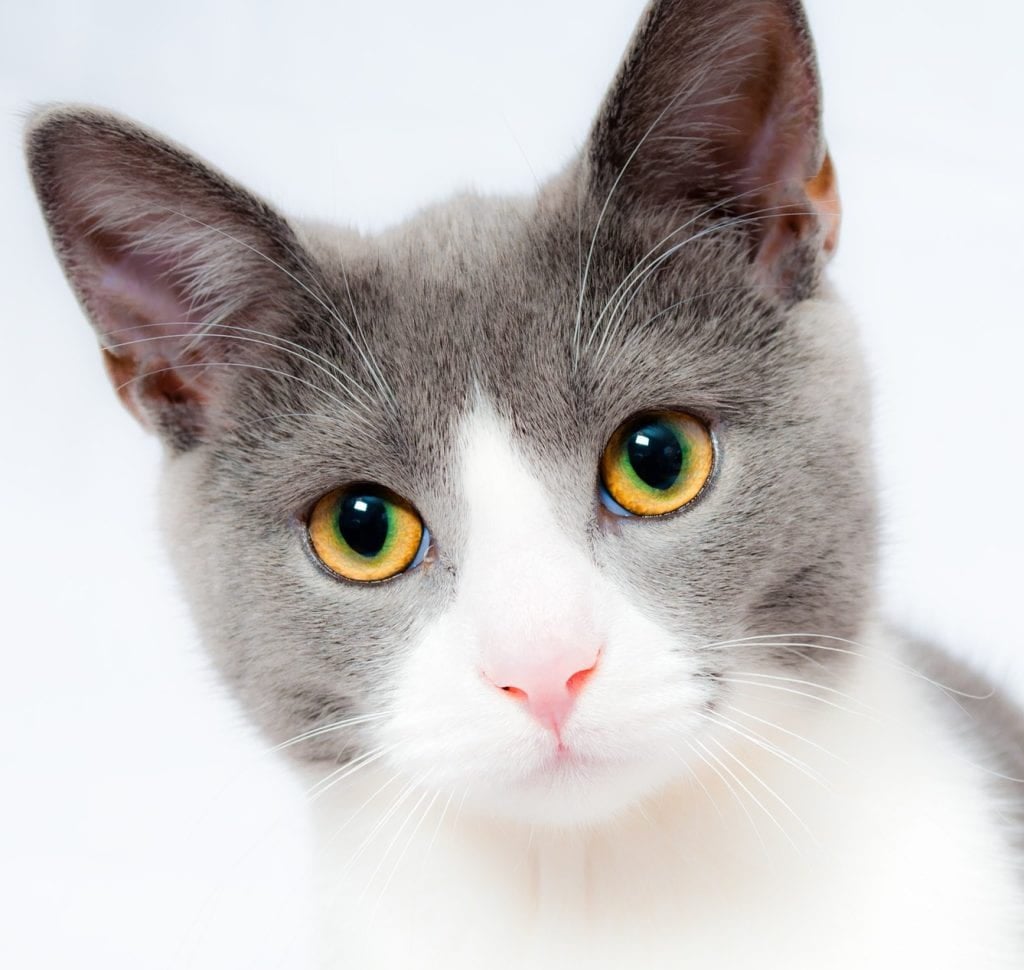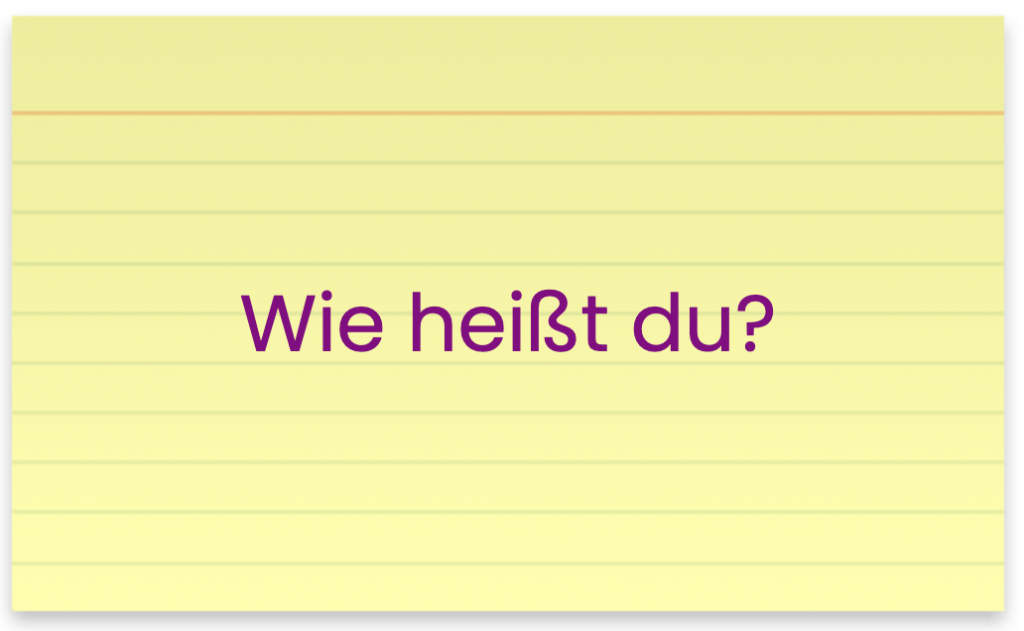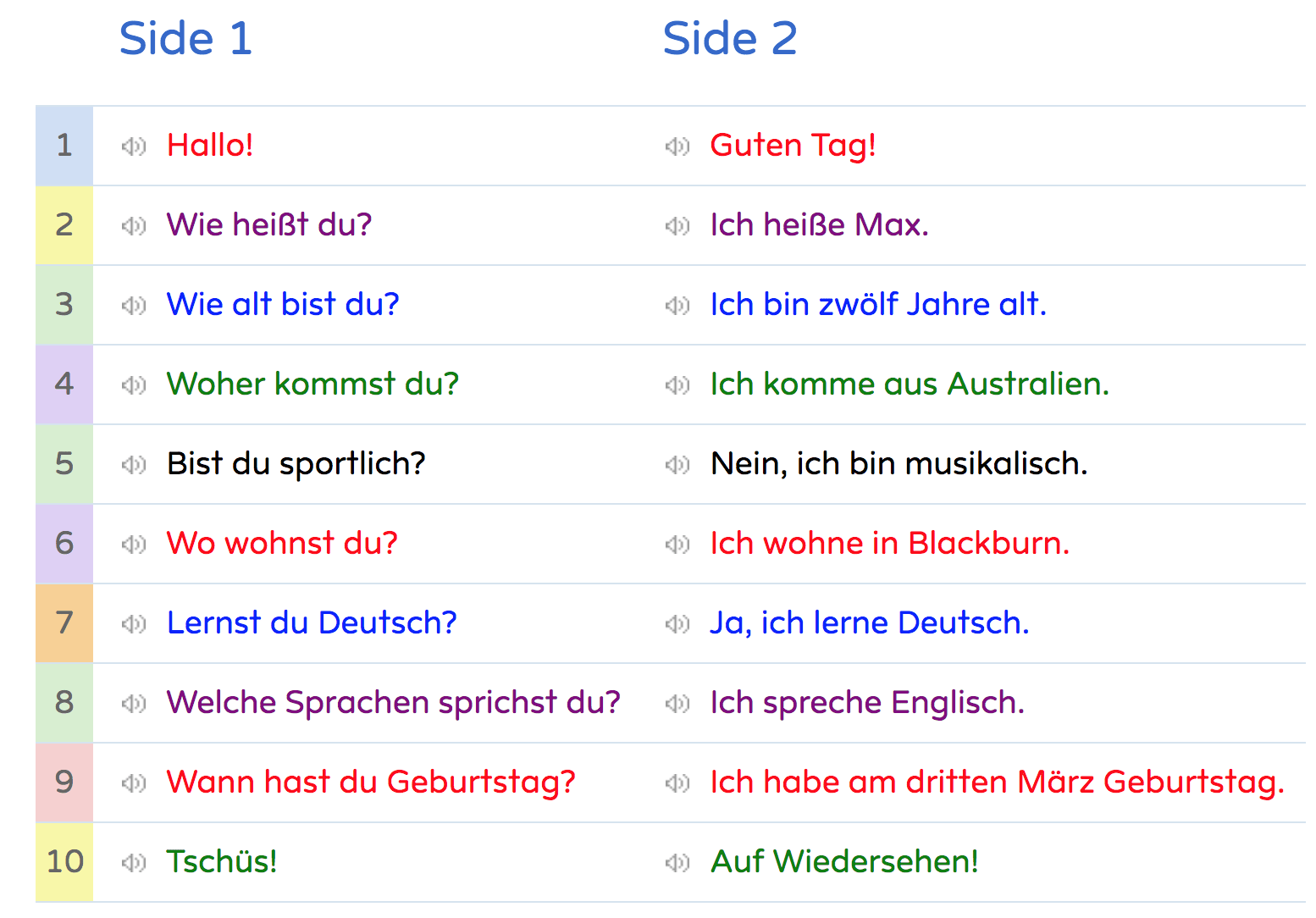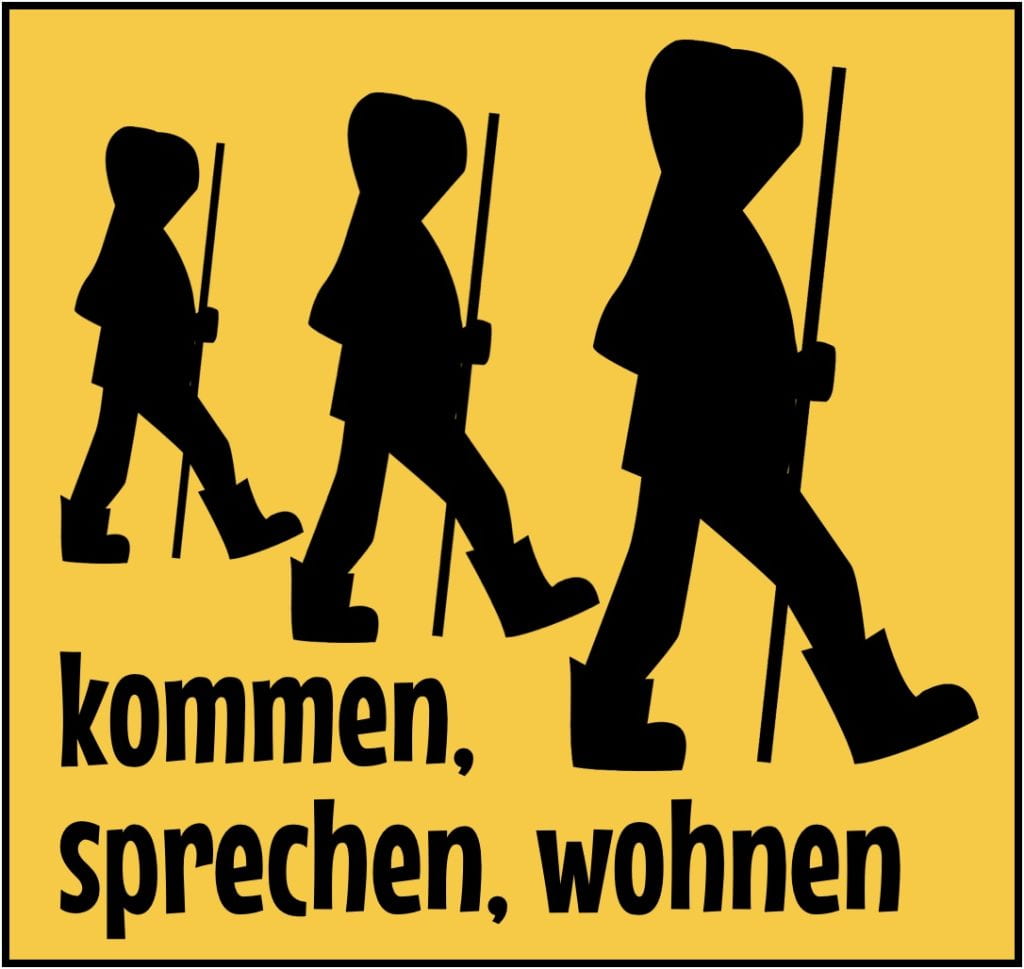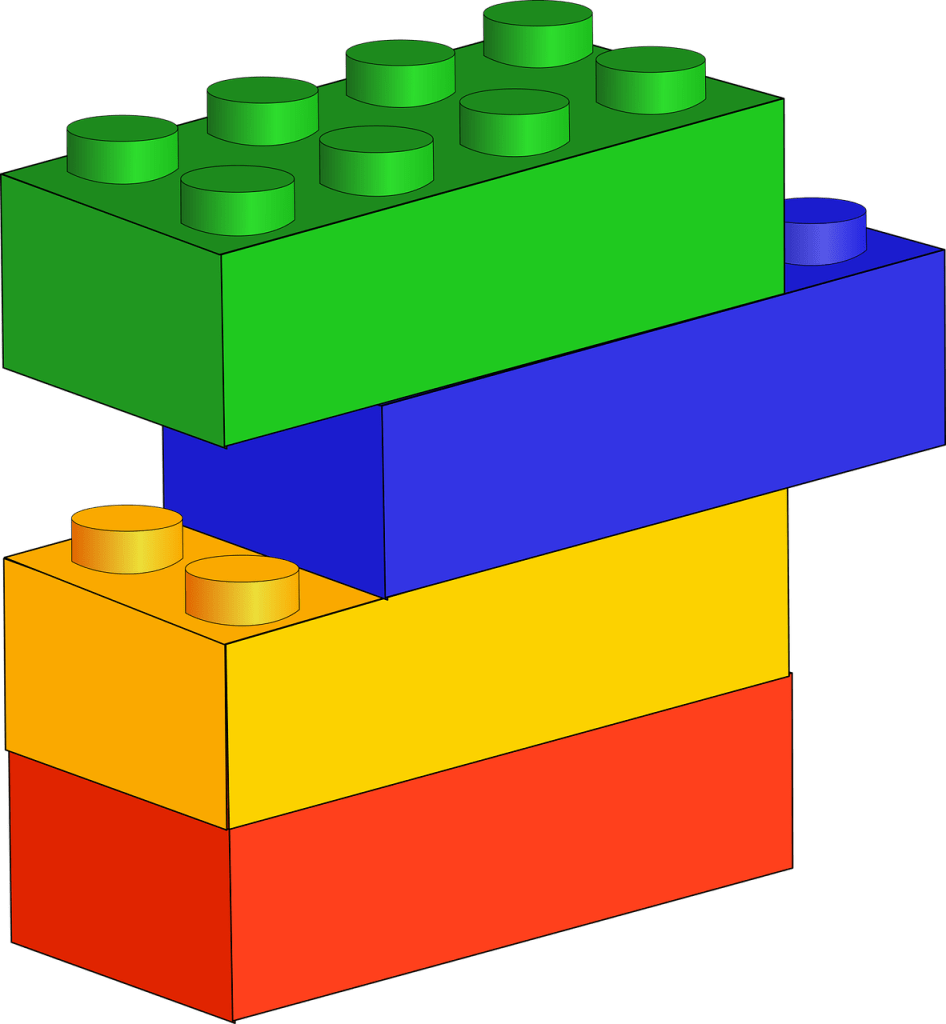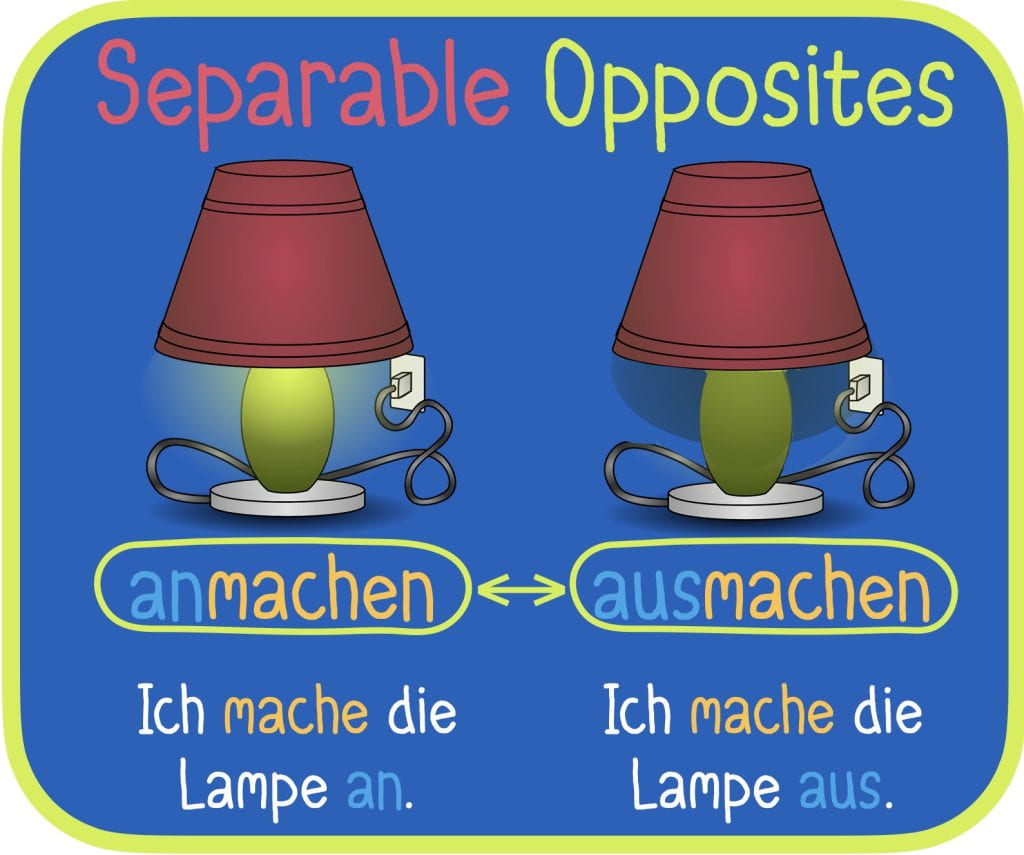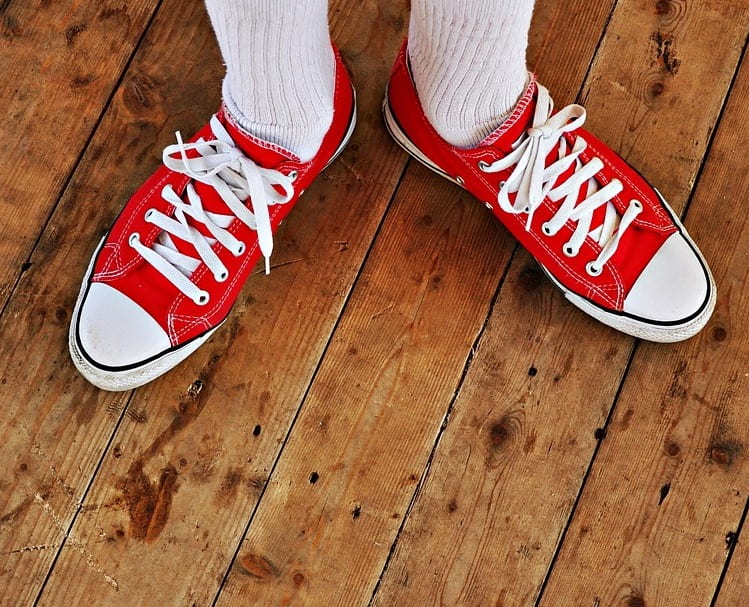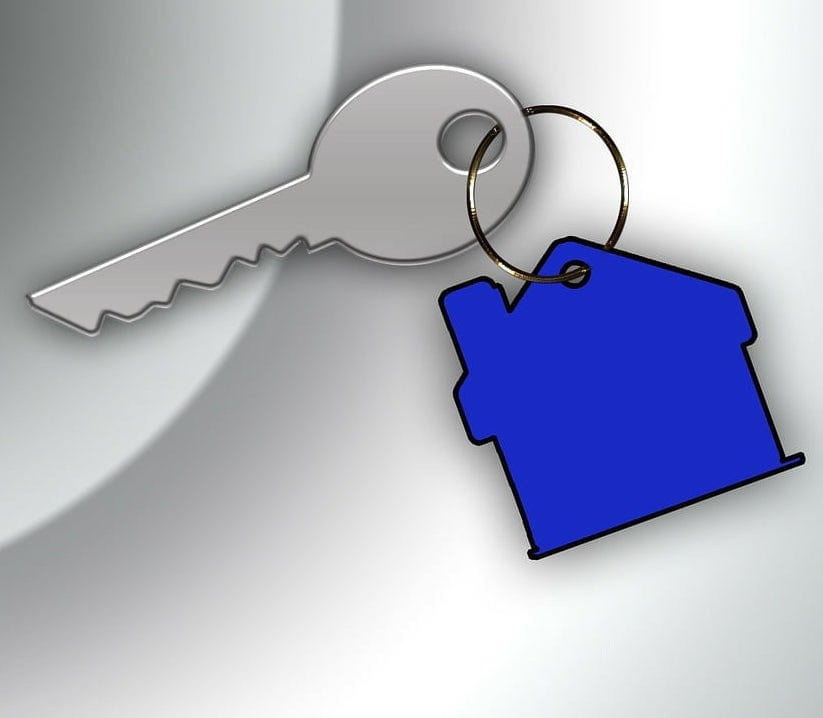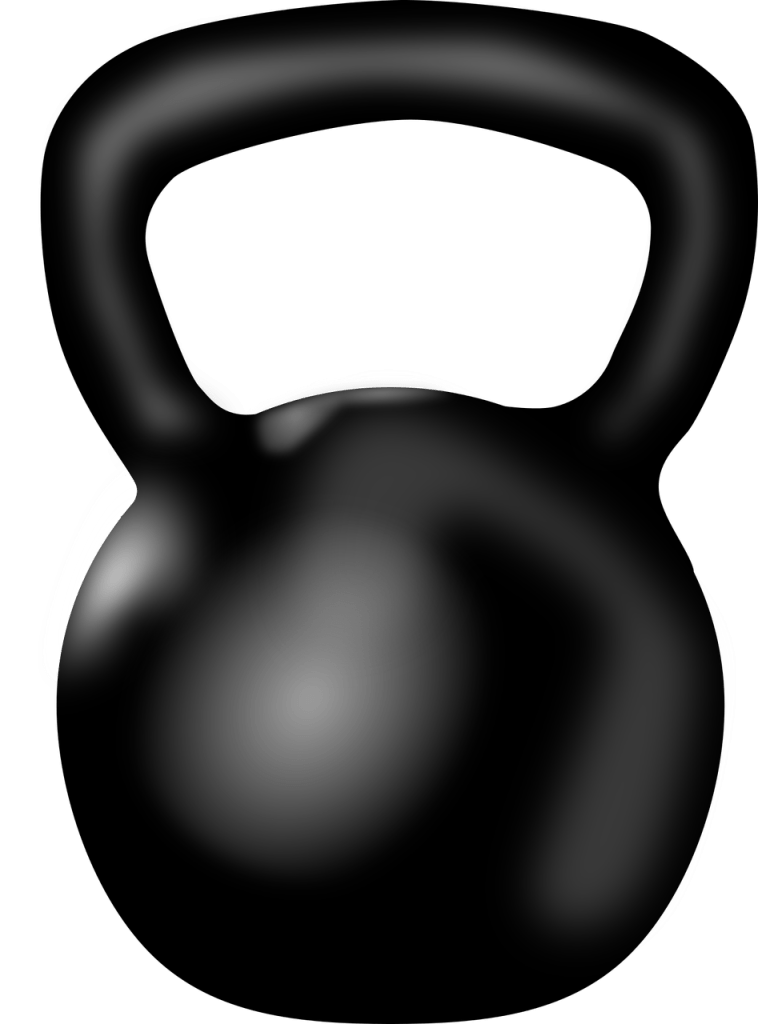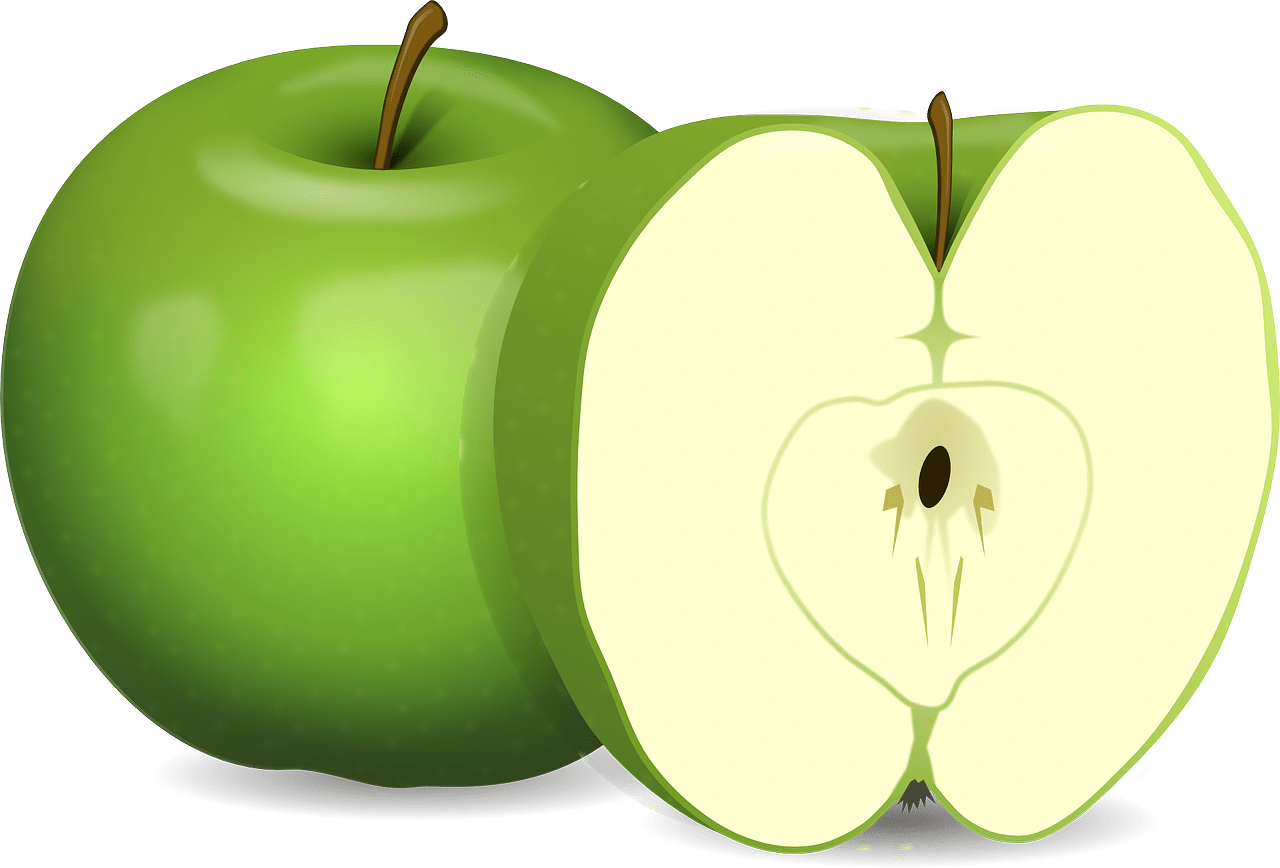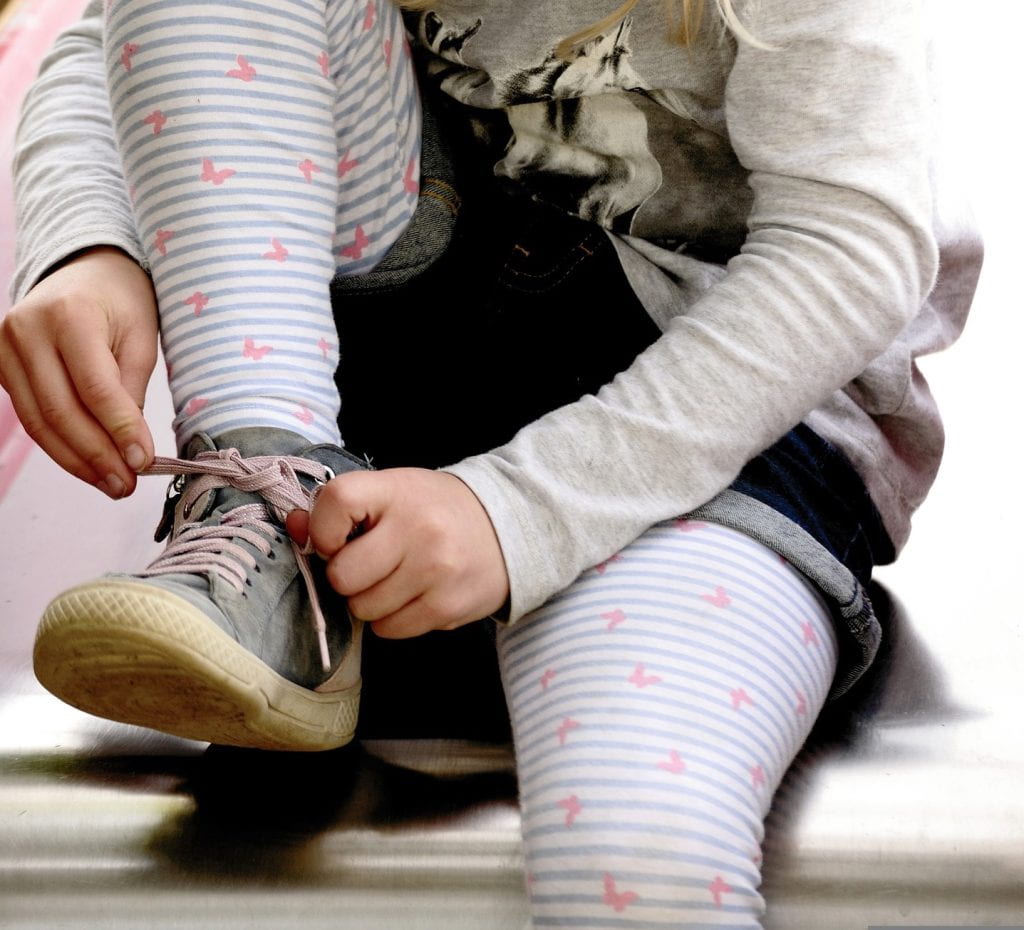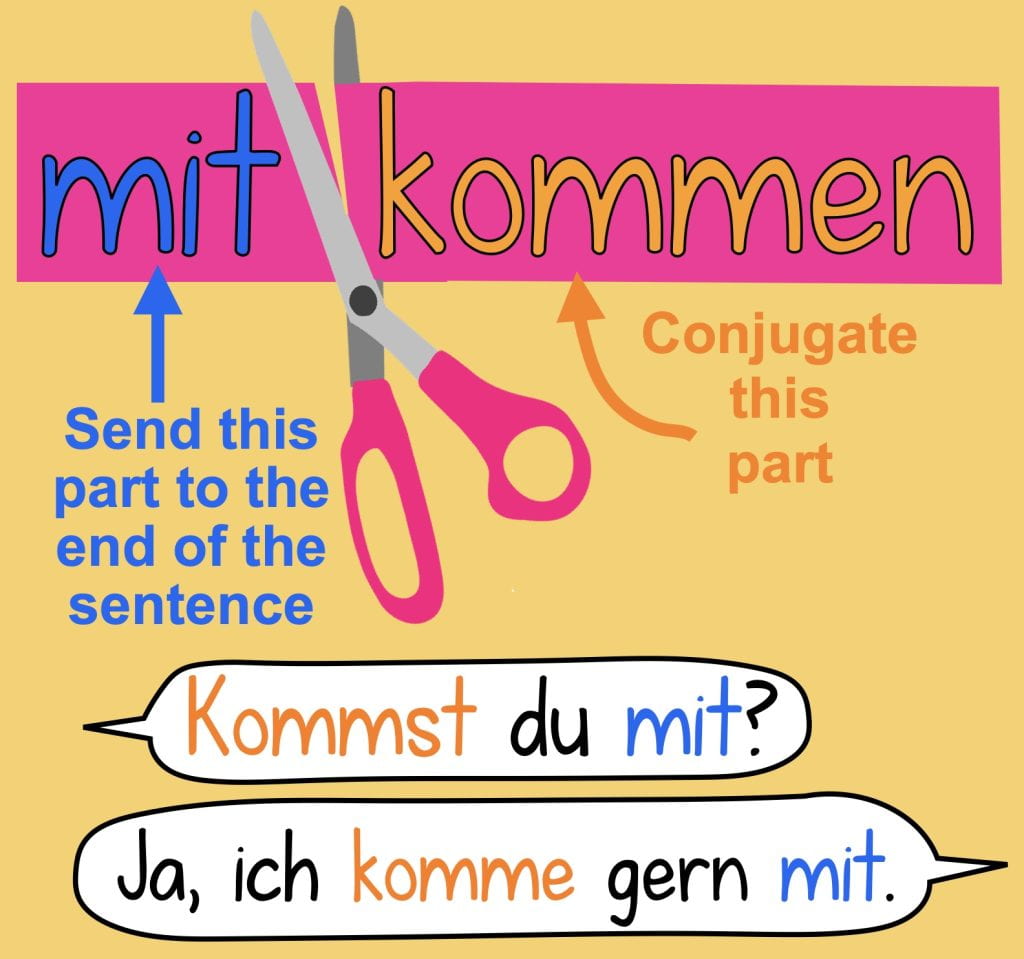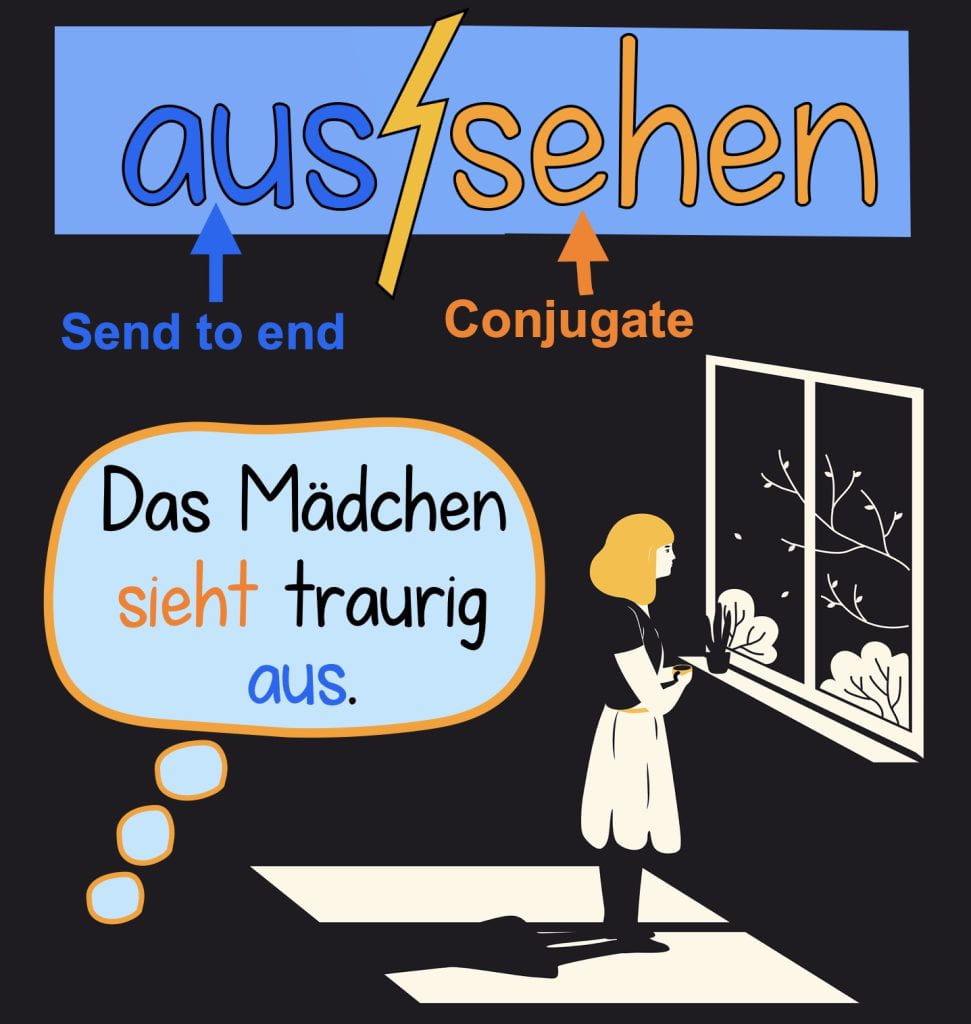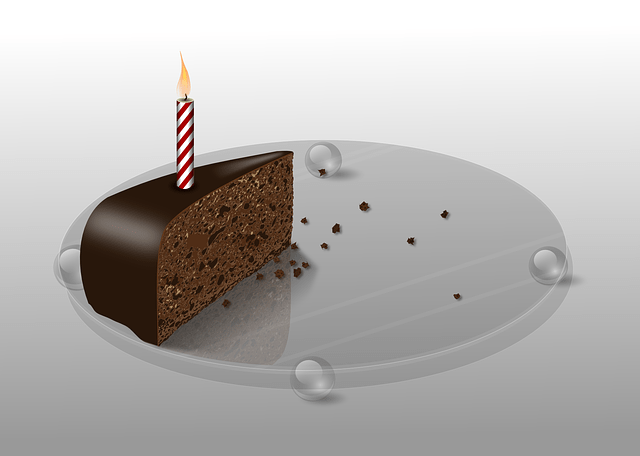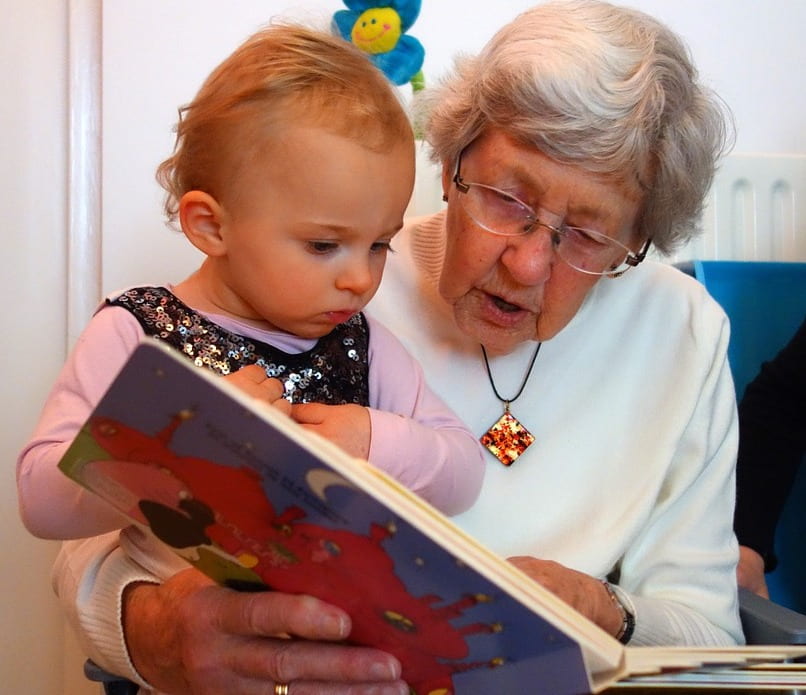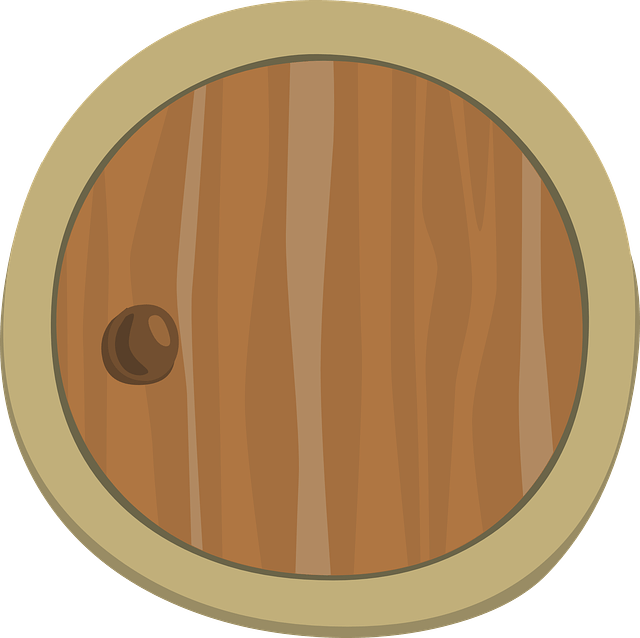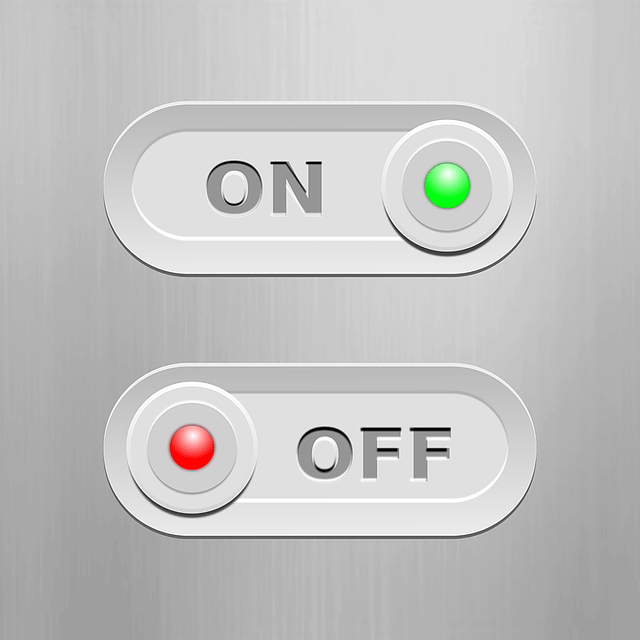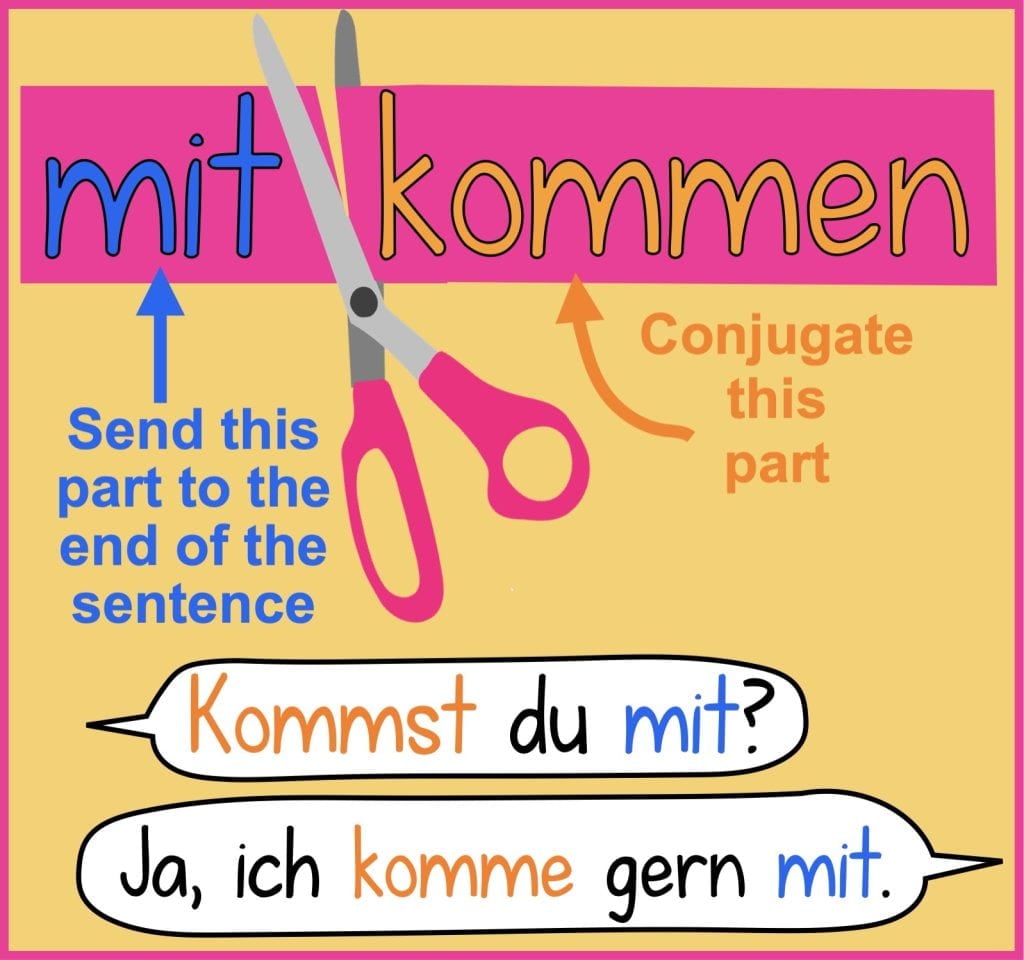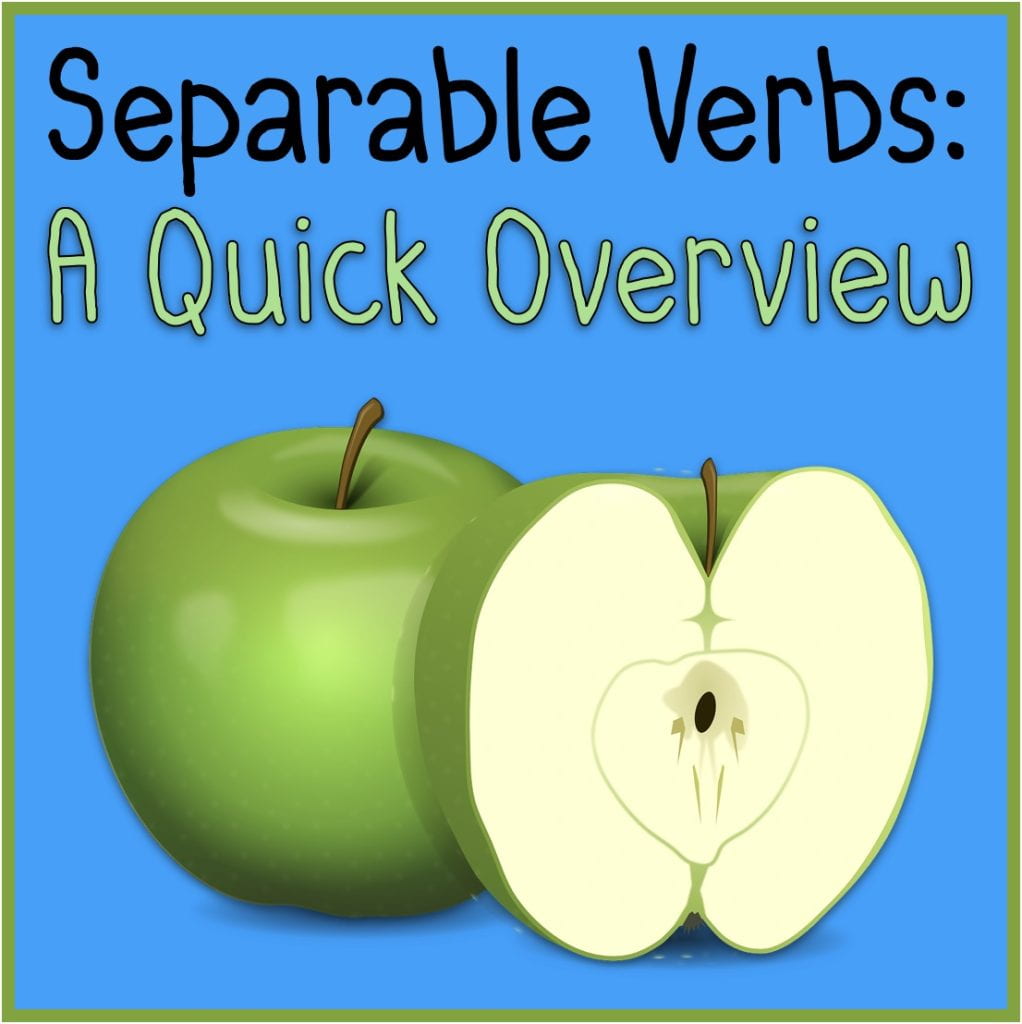Post published by Roslyn Green in February 2023
About Love and Friendship: A German Class with a Valentine’s Day Theme

- Nouns | Nomen
- der Kuss → kiss
- die Liebe → love
- das Küsschen → little kiss, peck
- der Valentinstag → Valentine’s Day
- Verbs | Verben
- lieben → to love
- mögen → to like
- küssen → to kiss
A Story of Unexpressed Love
Imagine that, when you eventually go to a German-speaking land, you meet someone you really like. You want to say, “Hey, you’re really cool. Would you like to go to a movie with me? I like you.”
But when you open your mouth to speak, you turn into a gaping, lovestruck fool. Your mouth opens and shuts as though you were an exotic fish at the aquarium.
In the end, you say in desperation: “Du trägst eine Jeans und ein Hemd.”
Then you melt quietly into the floor.
Don’t worry, this is never going to happen to you, because in this post you can learn some vocabulary for saying sweet, affirming things to other people and understanding them when they say something similar in return.
To say “I like you“, “Do you love me?” or “He likes her, don’t you reckon?”, you will need to master the direct object pronouns.
Direct Object Pronouns and Example Sentences

| me | mich |
| you (singular) | dich (singular) |
| him | ihn |
| her | sie |
| it | es |
| us | uns |
| you (plural) | euch (plural) |
| them | sie |
More Examples
- Sie mag ihn. → She likes him.
- Er mag ihn. → He likes him.
- Wir mögen sie. → We like her (or them).
- Ich mag euch. → I like you (talking to more than one familiar).
- Sie mögen uns. → They like us.
- Sie mag uns. → She likes us.
Two Essential Verbs for Expressing Affection
The verb lieben (to love) is utterly and reassuringly regular. That’s why you can use it not just to express your true feelings but also to revise the regular verb endings:

| Verb Conjugation | lieben – to love | Status: BLESSEDLY REGULAR |
|---|---|---|
| 1st person | ich liebe | wir lieben |
| 2nd person | du liebst | ihr liebt |
| 3rd person | er/sie/es liebt | sie lieben |
| Formal Address: | Sie lieben |
The verb mögen (to like) also has a role as a modal verb, so it is important enough to be irregular. The first, second and third person singular are all unpredictable, with a rogue vowel that is different from the infinitive stem. There is also no t ending on the third person singular, which is a pattern common to all modal verbs, including müssen (must, to have to) and können (can, to be able to).

| Verb Conjugation | mögen – to like | Status: AS IRREGULAR AS LOVE ITSELF |
|---|---|---|
| 1st person | ich mag | wir mögen |
| 2nd person | du magst | ihr mögt |
| 3rd person | er/sie/es mag | sie mögen |
| Formal Address: | Sie mögen |
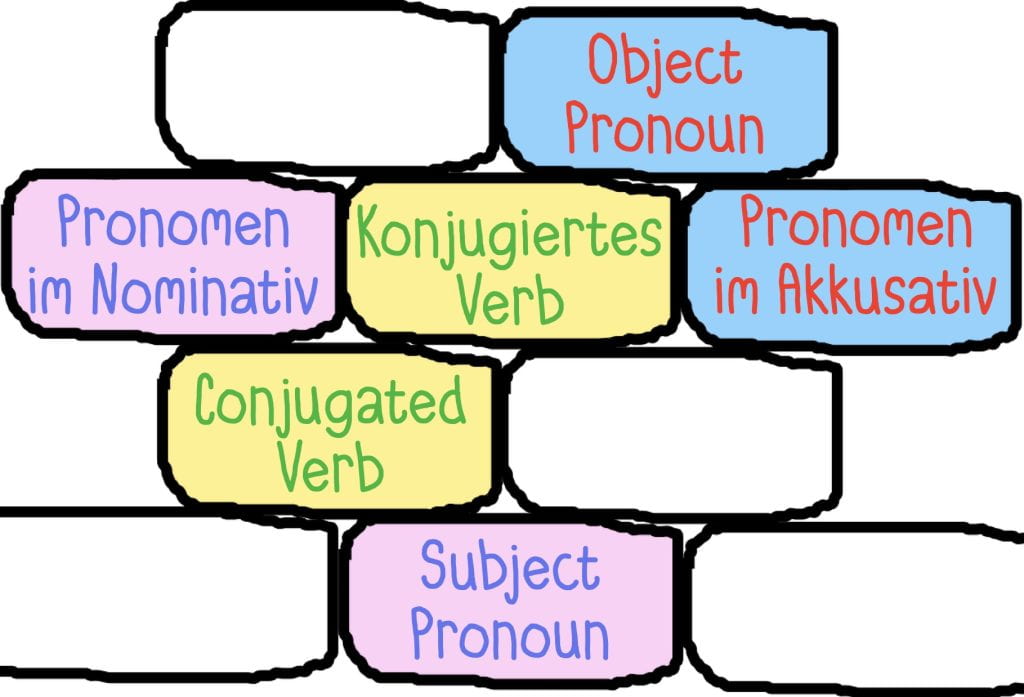
Putting the Building Blocks Together
Armed with the subject pronouns, object pronouns and verbs as building blocks, you can now make up sentences at will.
- Ich liebe dich. Liebst du mich? → I love you. Do you love me?
- Liebst du ihn? Nein, noch nicht, aber ich mag ihn schon sehr. → Do you love him? No, not yet, but I already like him very much.
- Ich mag sie nicht. → I don’t like her.
- Warum magst du ihn nicht? → Why don’t you like him?
The verb lieben is normally reserved exclusively for romantic liaisons rather than friendly relationships. This distinction is possibly less strong now than it once was. There is a set of idiomatic phrases, however, that are more commonly used in family relationships and friendships:
- Ich habe dich gern. → A friendly, affectionate phrase meaning “I like you”.
- Ich habe dich lieb. → An affectionate phrase meaning “I love you”; you can also write hdl (hab dich lieb) in a text message.
- You can strengthen the last phrase with additional emphasis words: Ich habe dich wirklich total lieb. → I really love you, I adore you.

Speaking with Friends
If you are the type who prefers a quiet, restrained beginning to a promising friendship, here are some nice things to say…
To a Man or Boy:
- Du bist mein bester Freund. → You are my best friend.
- Du bist ein guter Freund. → You are a good friend.
- Du siehst cool aus. → You look cool.
To a Woman or Girl:
- Du bist eine gute Freundin. → You are a good friend.
- Du bist meine beste Freundin. → You are my best friend.
- Du siehst cool / schön / schick aus. → You look cool / beautiful / elegant.
To Anyone:
- Du bist nett / lieb. → You are nice / kind.
- Das ist nett / lieb von dir. → That’s nice /kind of you.
- Möchtest du mit mir ins Kino gehen? → Would you like to go to the movies with me?
- Hast du heute Abend frei? → Are you free this evening?
- Kann ich dich wieder sehen? → Can I see you again?
- Kannst du mir deine Handynummer geben? – Can you give me your mobile number?
- Danke für das Kompliment. – Thank you for the compliment.
Activities

Quiz: Subject and Object Pronouns in Sentences about Love and Friendship
Practise using the subject and object pronouns by filling blanks and dragging and dropping words into the right order.
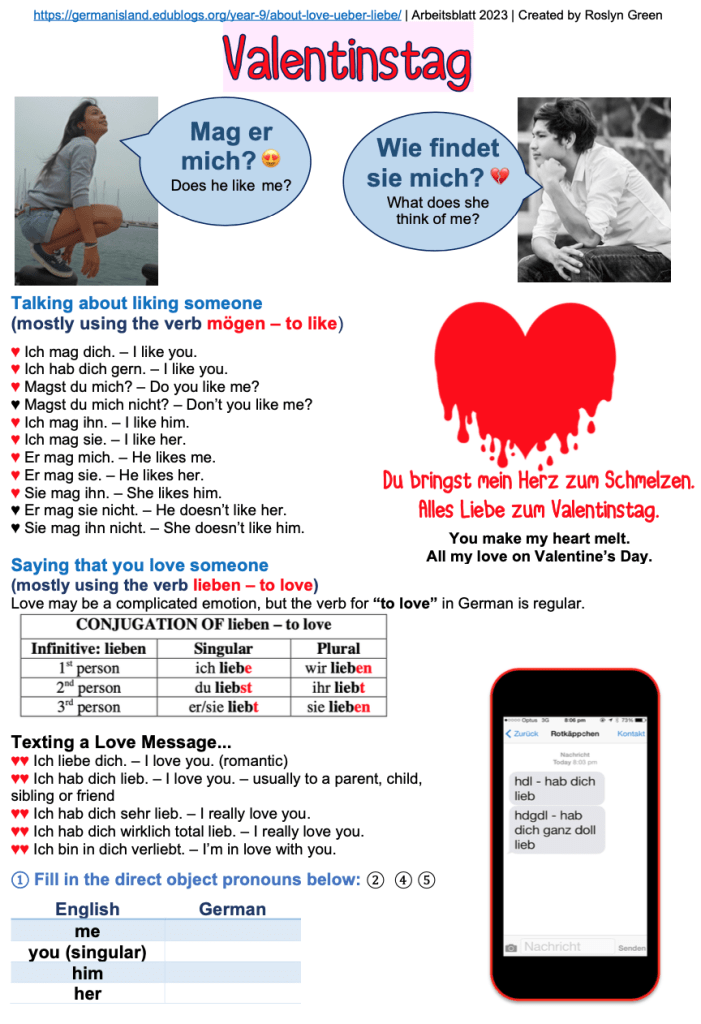
Downloadable Handout: Valentinstag | Valentine’s Day
This is a worksheet in PDF form.
Warning: This post is summarised in the handout with an extra dollop of pink, sugary sentiment. There are several exercises and some extra sentences about how to express missing someone you love.


